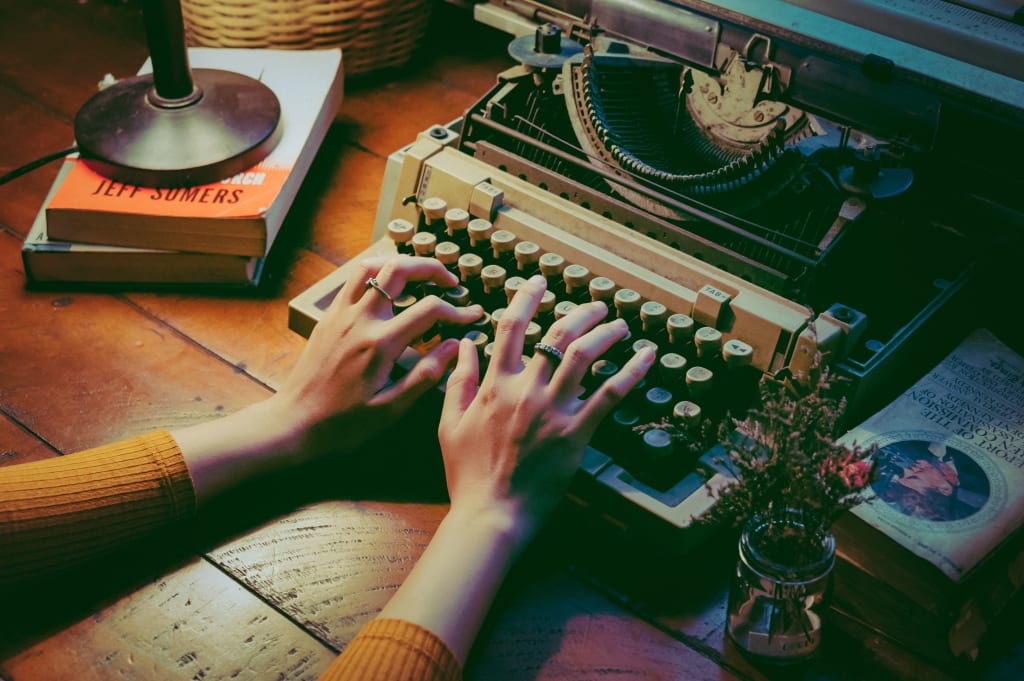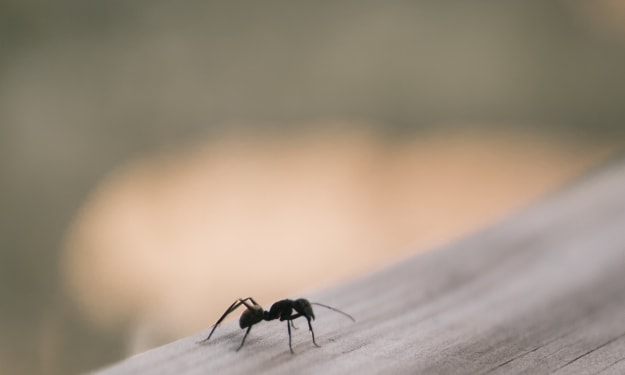
Let’s set the scene: you’re at a time in your life when you finally have the time to write the story you’ve been plotting for years now. You’re probably somewhere in a cafe, maybe at a desk at home, or maybe at some obscure location that you’ve deemed your “prime writing spot”.
You either have a full Microsoft Office subscription, or maybe even have bought a professional writing app meant for novels and articles. In front of you is a fancy $400-$800 laptop or tablet with all the latest and greatest features for you to use.
You are at every advantage to create the best story possible, but why do you still find yourself staring at a complete blank document?
There are a couple of reasons why you still may be experiencing writer’s block despite being fully capable of following your passion. At first glance, writers (and any kind of artist in general) may view this as laziness, procrastination, lack of motivation, or even loss of interest.
It’s quite the opposite, and there are simple ways to get around this paradoxical feeling!
Halted In Your Tracks
So why do we feel so stuck whenever we try to write something?
I’m sure many of you have heard of this before, but this might be due to the “Paradox of Choice”. a book written by Psychologist Barry Schwartz which explains how options having more may lead to overload, mental fatigue, and feeling even more restricted than if there were choices presented to us.
Let’s talk about this in writer’s terms: picture you are given two notebooks. One of them has a writing prompt on the front page that says, “write a short story about a cat befriending a mouse in 1000 words” and the other is completely blank, you will most likely be able to write the short story much easier than if you were asked to write 1000 random words.
It sounds odd, but the more choices that we have, the more we become overloaded with creative noise as opposed to trying to maintain focus on one specific task. Going back to my original example, being in your comfort writing spot with every tool available at your fingertips and having nothing but creative freedom to do whatever you want can be a detriment to your writing.
That’s not to say that you can’t do your writing in your favorite cafe, but sometimes having a lack of restrictions can cause a mind to wander a bit too far; this can make a writer not be able to fixate on whichever project they are working on.
If you want a bonus story about this, look no further than “Green Eggs & Ham”, which was written out of a bet that Dr. Suess couldn’t write a book using only 50 words. This is a perfect example of doing more with less.
Greasing The Wheels and Moving Forward
This section will not be exclusive to writers, but all artists in general, as we all share similar creative processes.
Most of us growing up had a journal at some point that we would write in between breaks at school. Think about how often you may have written in it compared to now. Wouldn’t you agree that it sometimes feels more exhausting to do so in the present day? Like maybe you end up struggling a bit to write something. Why do you think that is?
There are a few things we can do to get the gears turning, and the simplest way is to reduce our choices! This doesn’t mean making the process harder for us, but even doing something as simple as adding a “due date” to our projects can help us. Almost like you are racing against the clock at the end of your school period to finish a page in your book, journal, sheet music, etc., this can give added motivation to work more towards your projects; almost like how you will be headstrong and motivated towards a task within the first few days or weeks, only for your interest to slowly deteriorate over time.
Now let’s talk about our creative process: what can you do to challenge yourself and keep your work fresh and interesting? If we are to take a page out of Dr. Suess’s book, giving yourself self-imposed rules can help you make more creative decisions towards your work. Billie Eilish (singer-songwriter) and her brother Finneas O’Connell (producer) made her hit album “When We All Fall Asleep, Where Do We Go?” entirely in their bedroom, using whatever tools and knowledge they had as the basis for their beats, rhythm, and sound.
If you’re feeling writer’s block, think about the theme you’re trying to convey and maybe try and write a scene that goes in a completely different direction. If you’re making a song, maybe limit yourself to acoustic instruments. What if you had no percussion? If you’re painting a portrait, how would it look if you only used red, blue, and yellow paint? Giving yourself prompts can easily get the creative juices flowing and help you make sharper decisions.
In our adult life, we often point towards a lack of time, energy, or motivation towards our reason for not completing our passion projects. But here we’ve established that maybe it’s the absolute freedom of it all that makes us feel so congested with our work. In the end, maybe all we needed was a pen and paper to do what we love.
About the Creator
Kadence
"That the universe was made just to be seen by my eyes." - Saturn by Sleeping at Last
With nearly a decade's worth of creative and technical writing, I cover topics that are personal to me. Otherwise, what would be the point?






Comments
There are no comments for this story
Be the first to respond and start the conversation.